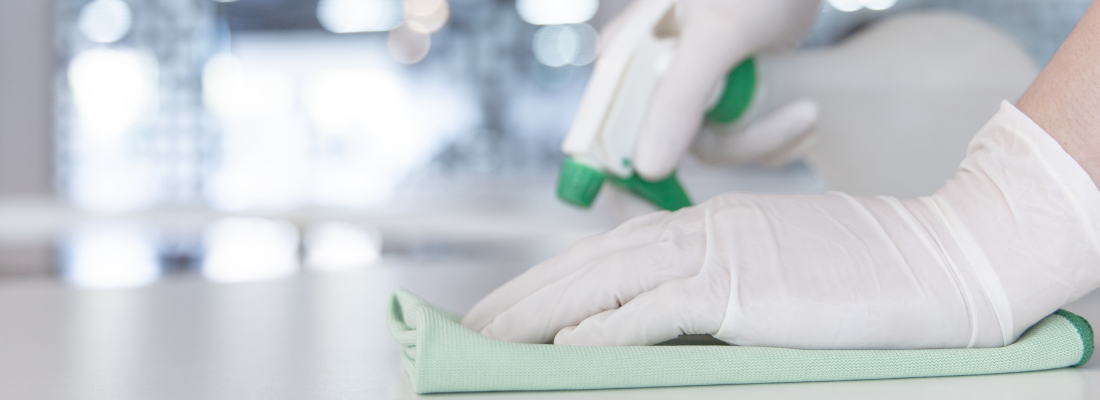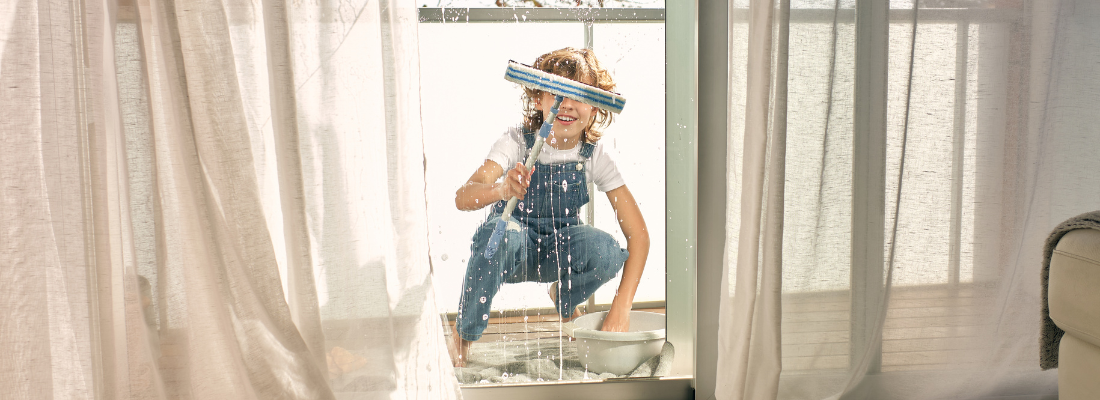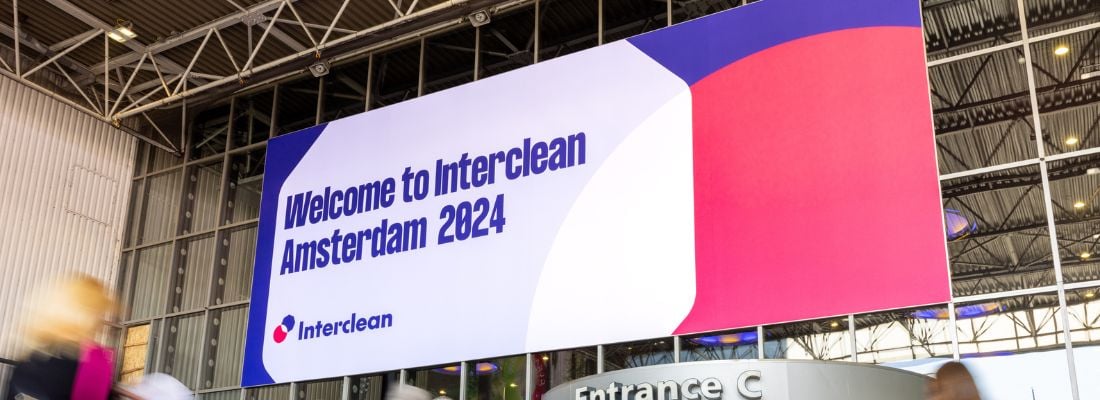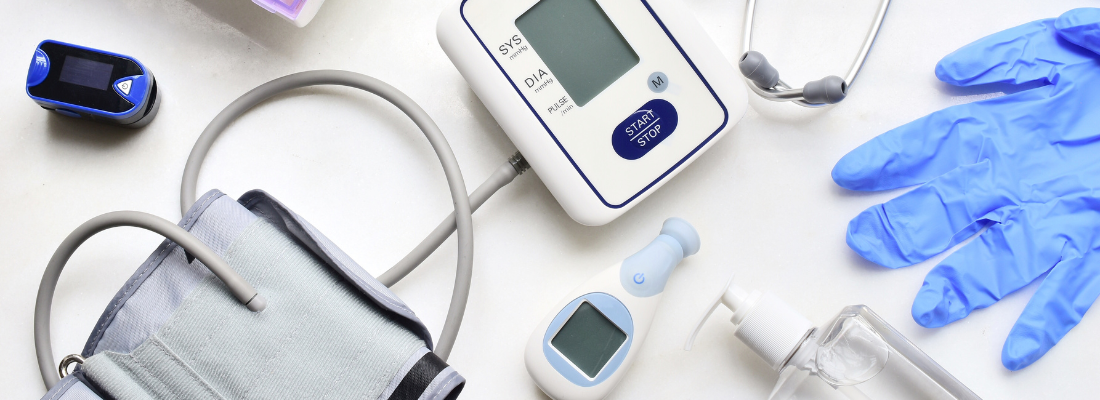Embedding Cleaning Standards: Insights from Kelsey Hargreaves
As industries aim to boost productivity and quality, Kelsey Hargreaves brings valuable expertise in embedding cleaning standards that drive operational success. With a background spanning frontline NHS roles during Covid and training initiatives in the UK and the Middle East, Kelsey has a keen understanding of the unique challenges in the cleaning sector. Representing BICSc, she shares insights with Interclean on the transformative power of clear, structured standards, emphasizing a three-pillar approach: training, mobilisation, and inspection (TMI). This framework strengthens consistency, quality, and team morale.
For attendees at Interclean Shanghai 2024, Kelsey will also showcase her methodology in two presentations and live demonstrations, illustrating how well-established standards can elevate efficiency and company reputation.
Embedding standards to improve efficiency and quality
For Kelsey, effective standards aren't just guidelines—they're the backbone of a high-quality, efficient cleaning service. “It’s essential to create a service level agreement, not only for the customer but also as an internal benchmark,” she explains. "The standards we set can make or break how efficiently teams operate and how happy clients remain." These agreements, or SLAs, define the levels of service that staff must adhere to, while giving them a framework to work confidently and consistently across varied settings.
The common challenges in implementing cleaning standards
Challenge 1: Top down or ground up?
Kelsey highlighted a challenge with implementing cleaning standards: they often lose effectiveness when not embedded correctly. “One of the biggest challenges is that we have these amazing standards that need to be implemented, but no one knows how to do it effectively,” she points out. A primary pitfall occurs when standards are introduced from the top down, resulting in diluted communication by the time it reaches the front-line workers. To counter this, Kelsey advises starting from the ground up, ensuring that cleaning operatives—those who will execute the standards—are the first to be trained. "At BICSc, we make sure that everyone, from top management to the cleaning operatives, understands the standards from the beginning."
Challenge 2: From training to actual work environment
She also emphasizes that it’s insufficient to simply tell or train someone on how to follow a standard; they need to be shown how to integrate it into their actual work environment. For this reason, Kelsey advocates for retraining in the real work environment after formal training sessions. “It’s one thing to learn in a pristine training facility and another to apply it on a busy site with real challenges,” she notes. This approach ensures that team members are equipped to handle everyday demands within the set standards.
Ensuring consistent quality through assessment and compliance
Kelsey highlights the need for regular evaluations to measure the impact of training and ensure standards are consistently met. She recommends a dual approach: assessing both the proficiency of the cleaning staff and the quality of the cleaned environments through thorough inspections. “Assessments provide immediate insights into whether employees have grasped the training, allowing us to make any needed adjustments,” she says. “Inspections, on the other hand, should be part of every contract, not just as a metric but as an assurance that standards are upheld continuously.”
The impact of cleaning standards on company reputation, quality, and staff motivation
One of the most profound effects of implementing and maintaining standards is on company reputation. Kelsey notes that a company known for strict adherence to high standards gains an edge not just with customers but also with prospective employees. “If your employees are uniformly trained and understand what’s expected, they’ll work faster and with more purpose,” she explains. Standards can foster pride and unity among employees, helping them feel connected to a larger purpose—similar to the feeling of wearing a uniform. For customers, Kelsey believes that consistent quality is a powerful draw: “When you’re known for a certain standard across different sites, it builds trust. It shows potential clients that they can expect the same quality regardless of the location.”
Cleaning standards in a global industry
Beyond regional operations, Kelsey explores the benefits of setting universal standards, especially as she operates in both the UK and the Middle East. By training staff to a consistent global standard, companies can transfer their employees across regions with minimal retraining. For instance, Kelsey shares that “if I were trained to clean to a certain standard at a UK site, I could apply that same standard seamlessly at another site, like the Burj Khalifa in Dubai.” This level of standardisation fosters employee mobility, which is especially valuable in a globalised industry.
The differences in cultural expectations also play a role. “In the Middle East, there’s a different approach to cleanliness—clients often want cleaning operatives present at all times,” Kelsey explains. Conversely, UK standards prioritise efficiency and thoroughness in designated hours, which highlights a difference in expectations that each region can learn from. Ultimately, however, she highlights that the benchmark for cleanliness remains universal: a surface is either clean or it isn’t.
TMI: A model for success in Healthcare
For her healthcare-focused presentation at Interclean, Kelsey introduces the TMI (Training, Mobilisation, Inspection) model—a systematic approach she’s used to drive efficiency. Earlier this year, Kelsey and her team applied this model in a collaboration with the Saudi Arabian Ministry of Health. This initiative aimed to establish a national cleaning standard by starting with the front-line staff rather than upper management.
In Saudi Arabia, she explains, “we started by training cleaning staff who had never been trained before. We evaluated their cleaning techniques, the equipment they used, and the chemicals allowed by Saudi regulations.” By reducing the number of cleaning chemicals and replacing manual cleaning tools with advanced equipment like scrubber dryers, they were able to streamline operations significantly. After implementing these changes, Kelsey’s team observed a 40% improvement in audit scores within two days. This model, she says, is proof that with the right standards, significant improvements are not only possible but sustainable.
Conclusion
Kelsey’s insights offer a practical guide for companies aiming to establish effective cleaning standards. By focusing on integrating standards from the ground up and ensuring compliance through regular assessments, she demonstrates how these practices can boost efficiency, improve team morale, and strengthen a company’s reputation. Moreover, by embracing universal standards in line with local cultural expectations and regulatory requirements, cleaning businesses can remain adaptable across diverse regions and industries.
In Kelsey’s words, “Standards allow for progression and consistency. When everyone is trained to the same high level, employees gain mobility, customers gain confidence, and the company gains a reputation for excellence.” With these principles, businesses across the world can look forward to a future where quality and efficiency go hand-in-hand, providing value to employees and clients alike.
To dive deeper into Kelsey's insights on embedding cleaning standards and learn practical strategies to elevate your business, don’t miss her presentations at Interclean Shanghai 2024. Register now and join industry leaders as they share innovations and expertise: an unmissable opportunity to see Kelsey’s approach in action.
Share your stories with us!
Do you have an innovation or interesting news you would like to share with the professional cleaning and hygiene industry? The Interclean website and social media channels are a great platform to showcase your stories!
Please contact our press department interclean@rai.nl.
Are you an Interclean exhibitor?
Make sure you add your latest press releases to your Company Profile in the Exhibitor Portal for free exposure.
Receive the best newsletter on cleaning & hygiene - straight to your inbox!
We promise never to send you spam and you can unsubscribe at any time!





